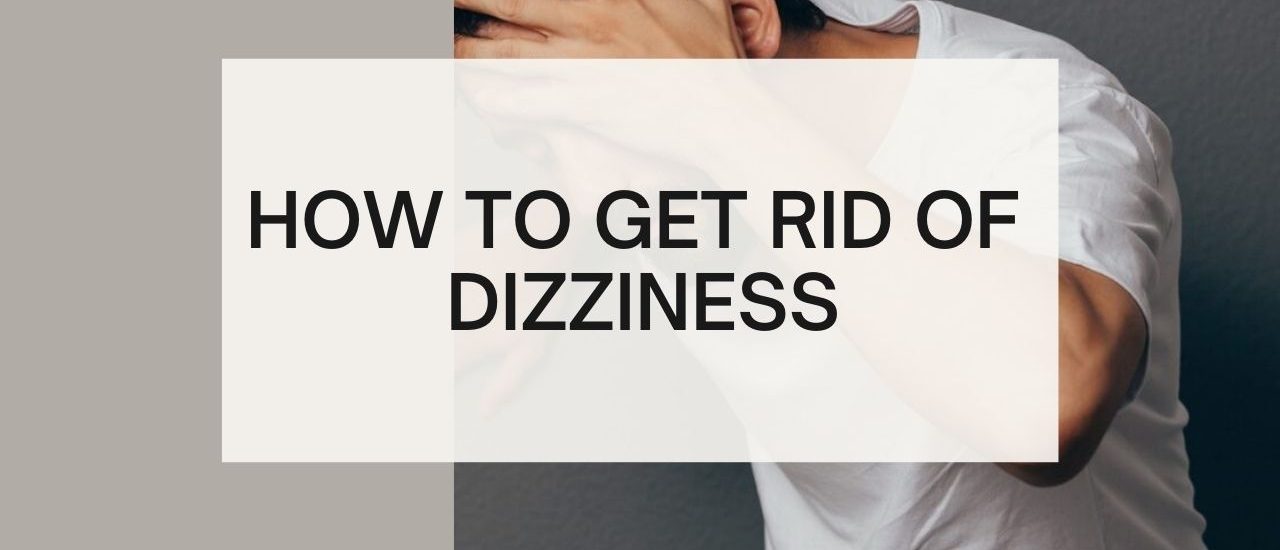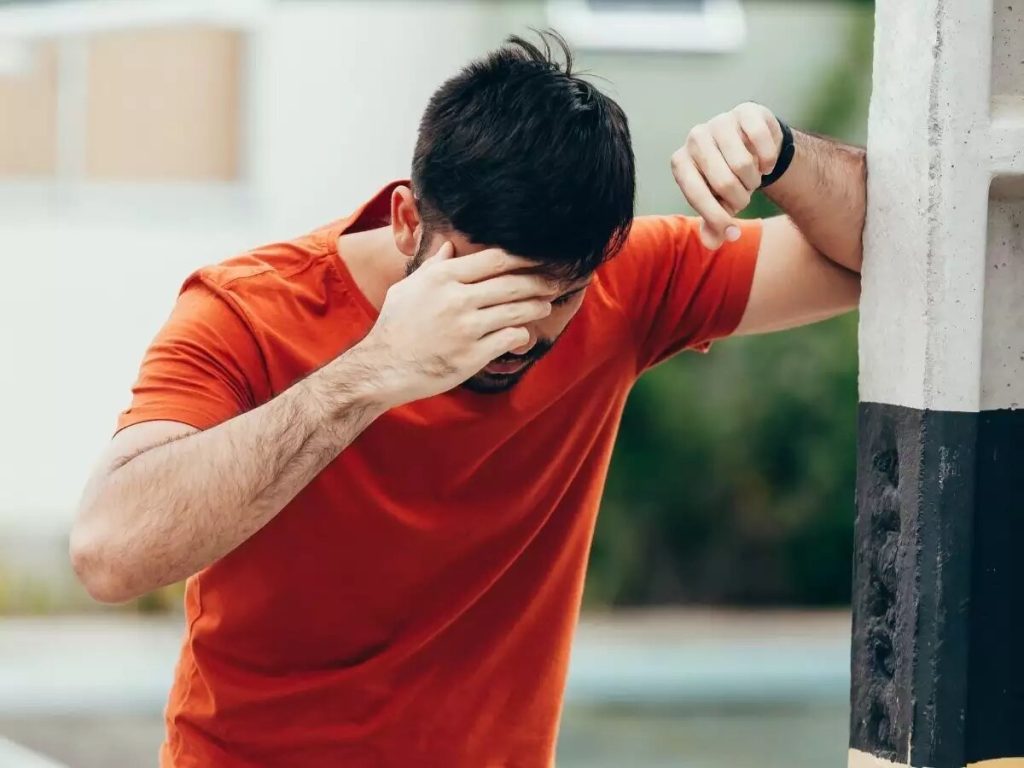Before we straightaway start talking about causes of dizziness, let’s know what it is. Dizziness mostly occurs because of our disorganized lifestyle. It is a condition where you feel faint, unsteady, or weak. Dizziness is a feeling that creates the false sense that you and the things around you are in motion or spinning. We call this vertigo.
In adults, the dizziness becomes the most common reason to see a doctor. Although it rarely causes a life-threatening condition, constant dizziness can affect your whole life a big time. Also, the treatment of swimming of the head cannot be cured the same way for every person. Its treatment depends on the causes and different symptoms one is having.
Prior to the causes of dizziness, let’s talk about some common symptoms of swimming of the head.
Symptoms
Different people suffering from swimming of the head may describe it differently as:
- You may feel everything around you spinning.
- Lightheadedness or faintness.
- Body imbalance.
- A feeling that your head is floating and heavy. You may call it wooziness.
And if you walk, stand up or move your head, these feelings may get severe. This condition may bring about severe nausea that may force you to sit down or lie down immediately. If you don’t lie down, you may have vomiting as well.
What is the right time to consult a doctor?
The need to see your doctor depends highly on your condition. But one common condition to visit your doctor is when you experience over and again, prolonged or severe lightheadedness.
But if you face one of the following things, get instant help from your doctor.
- Severe headache
- Pain in the chest
- Numbness of arms or legs
- Double Vision
- If your heartbeat is rapid or irregular
- Trembling or feeling difficulty in walking
- Non-stop vomiting
What are the most common Causes of Dizziness??
There are many possible causes of dizziness or lightheadedness like inner ear disturbance and motion sickness. Sometimes it may cause due to poor blood circulation.
- Inner Ear Disturbance
- Blood Circulation Problem
- Other Causes Of Dizziness
1. Inner Ear disturbance is one of the causes of dizziness
Various parts of your sensory system are responsible for the balance of your body. The parts include the following:
- Eyes tell you where your body is in space and where it is moving.
- Sensory Nerves, which are responsible for sending messages to your brain about your body movements and positions.
- Inner ear, which encompasses sensors that help identify gravity and to and from motion.
In vertigo, it feels as if everything around you is spinning or moving. When you have an inner ear disorder, your brain receives signals that are inconsistent with those your eyes and sensory nerves receive.
2. Blood circulation problem also causes Dizziness
If your heart is not pumping enough blood, you may feel off balance, faint, or dizzy. Because:
- Drop in blood pressure. Your systolic blood pressure drops drastically. This means that a higher number in your blood pressure reading will result in slight lightheadedness or faintness. This may occur due to orthostatic hypotension. Hypotension is when we sit down or stand up quickly.
- Poor blood circulation. A few of the causes of dizziness also include conditions such as Cardiomyopathy, heart attack, heart arrhythmia, and transient ischemic attack. And if the volume of your blood decreases, it causes an inadequate flow of blood to your brain and inner ear.
3. Other Causes of Dizziness
- Medications. Dizziness can also be caused due to the side effects of certain medicines such as tranquilizers or blood pressure lowering medicines. If these medicines lower your blood pressure too much, can cause dizziness or vertigo.
- Anxiety disorders. Anxiety disorders like panic attacks and agoraphobia (fear of leaving home or being in large open spaces) can also cause lightheadedness or wooziness which we refer as dizziness.
- Anemia. If you have anemia (low iron level), you may face its signs along with dizziness like fatigue, weakness or pale skin.
- Hypoglycemia. Diabetics are more likely to experience this situation who use insulin.
We have talked about the causes of dizziness in detail now. The people suffering from dizziness are vulnerable to driving or operating heavy machinery. They also have more likelihood of falling and injuring himself due to his body imbalance.
How to cure dizziness effectively?
In most cases, the following tips are considered the best to control the causes of dizziness or vertigo if it occurs in quick successions.
- When you feel severe dizziness, the first thing to do is lie down or sit down immediately. This will save your body from losing balance and falling or getting injured.
- You can use a cane or walker to stabilize your body.
- While ascending the stairs or coming down, use handrails.
- Do Yoga or other exercises that are helpful in improving balance.
- Don’t move or switch positions immediately.
- If you feel dizziness without warning, you need to avoid driving or operating heavy machinery.
- Don’t use tobacco, caffeine, or alcohol. This may trigger dizziness or make it worse.
- At least have 7 hours of sound sleep. Drink 8 glasses of water and avoid stressful situations.
- Use vegetables, fruits, and lean proteins in your diet to prevent vertigo.
- Resting in a cool place and drinking water will be the best option for you if you suffer from dizziness due to overheating or dehydration.
- If you suspect that some medication is one of the causes of dizziness, then consult your doctor and get advice.
Related



